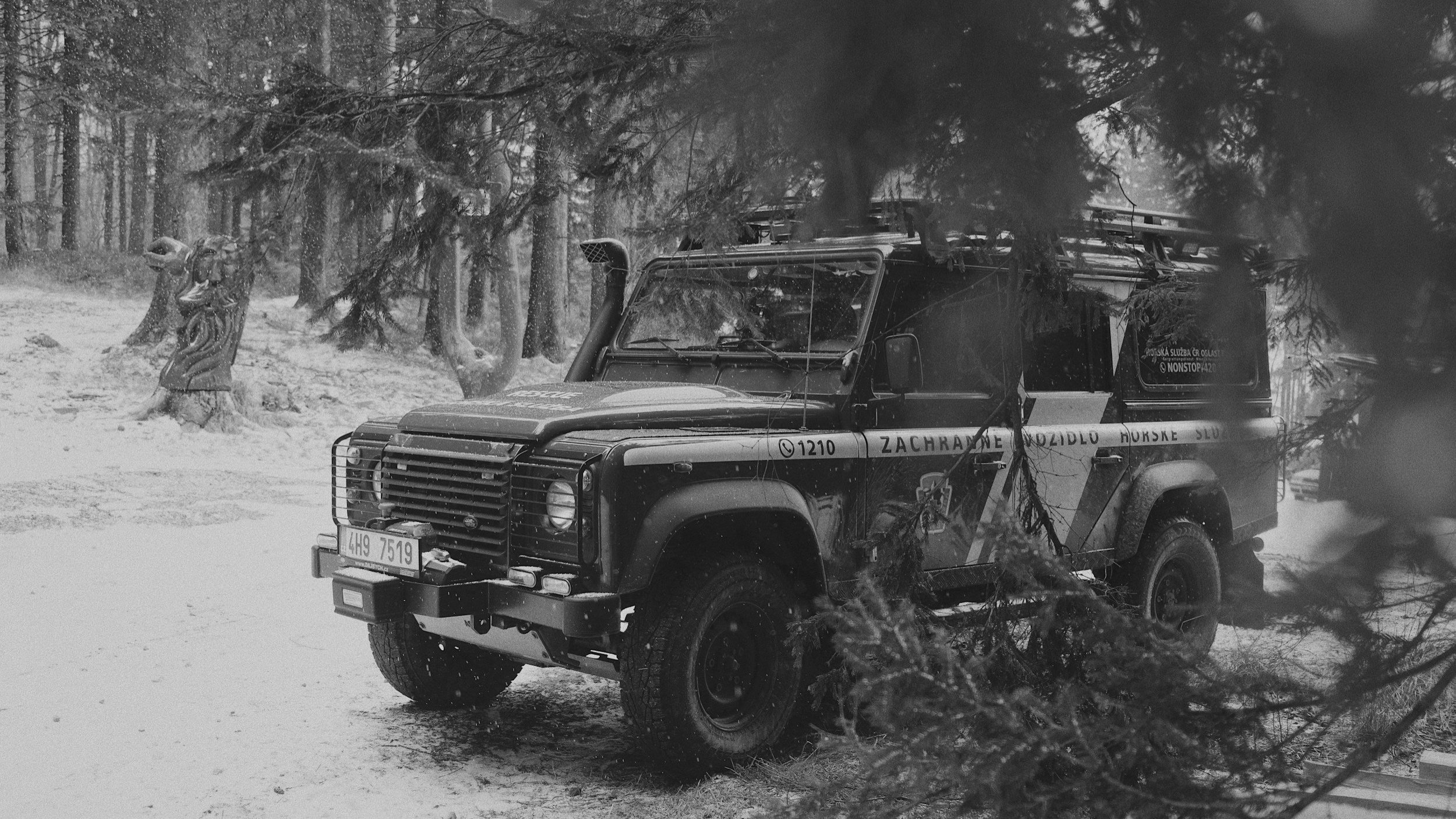Be Prepared: Essential Items for an Emergency Car Kit
Emergencies can happen when you least expect them, especially on the road. Having a well-prepared emergency car kit can make all the difference in ensuring your safety and comfort until help arrives.
Here’s a comprehensive guide on what to include in your emergency car kit and how your auto insurance can provide support during these situations.
1. Basic Emergency Supplies
Ensure your car is stocked with these essential items:
First Aid Kit: Include bandages, antiseptic wipes, pain relievers, and any personal medications.
Water and Non-Perishable Food: Keep bottled water and high-energy snacks like granola bars or nuts.
Blankets and Warm Clothing: In case you get stranded in cold weather, having extra warmth is crucial.
Flashlight and Extra Batteries: A reliable flashlight is essential for nighttime emergencies.
Multi-Tool or Swiss Army Knife: Useful for a variety of minor repairs and adjustments.
2. Vehicle Essentials
These items can help you manage minor car issues:
Jumper Cables: For a dead battery.
Spare Tire, Jack, and Lug Wrench: Ensure you can change a flat tire.
Tire Pressure Gauge: To check tire pressure regularly.
Tow Rope: In case you need to be towed out of a ditch or snowbank.
Reflective Triangles or Flares: To alert other drivers if you’re stopped on the side of the road.
3. Additional Safety Items
Consider these extras for added safety:
Portable Phone Charger: Keep your phone charged to call for help.
Emergency Whistle: To signal for assistance if needed.
Rain Poncho: To stay dry during bad weather.
Fire Extinguisher: A small, car-sized extinguisher can be invaluable in case of a fire.
4. Auto Insurance Coverage
Understanding your auto insurance coverage is crucial in emergencies:
Roadside Assistance: Many auto insurance policies offer roadside assistance, which can help with towing, flat tires, and lockouts.
Collision Coverage: This helps cover the cost of repairs if you’re involved in an accident.
Comprehensive Coverage: Covers non-collision incidents like theft, vandalism, or natural disasters.
5. Stay Informed and Prepared
Regularly check weather forecasts and road conditions before you travel. If conditions are hazardous, consider postponing your trip.

